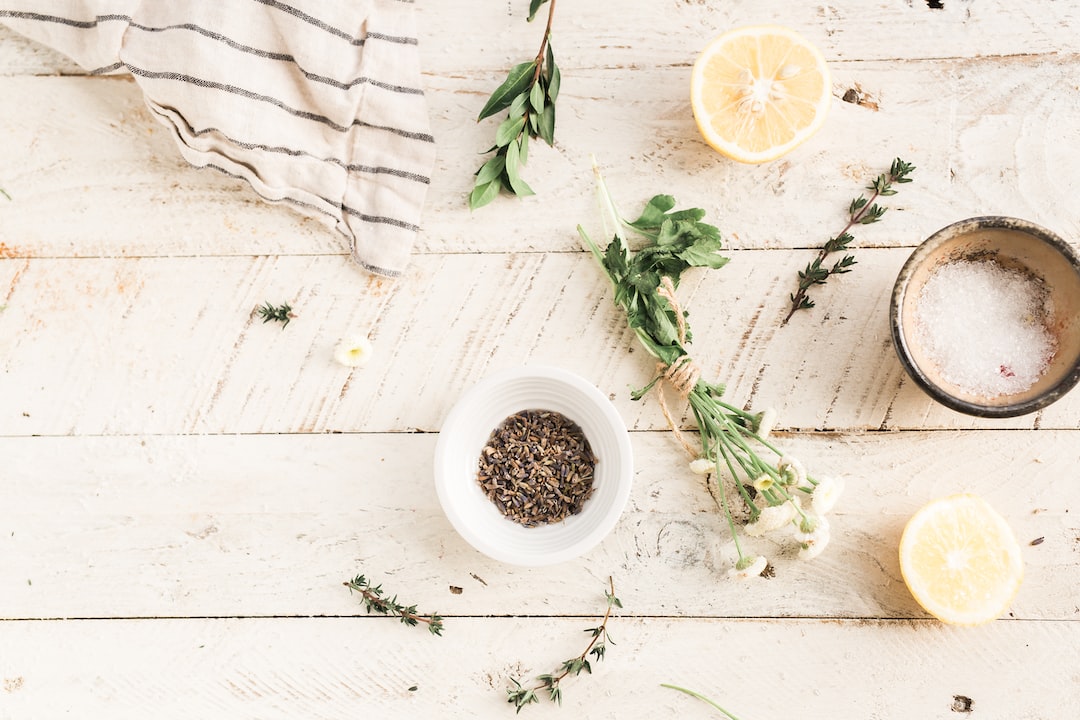Companion planting is a technique that helps gardeners to control pests naturally without the use of chemicals. By planting certain plants together, they can work to repel pests and attract beneficial insects that prey on them. Companion planting can be used in both vegetable gardens and flower gardens to help plants grow stronger and healthier.
Here are some recommendations for companion plants that can help control pests in the garden:
1. Marigolds: These bright flowers are commonly used as a companion plant to repel nematodes, aphids, and whiteflies. Plant them near crops like tomatoes, peppers, and eggplants for best results.
2. Basil: Not only does basil repel flies and mosquitoes, but it can also deter aphids, tomato hornworms, and whiteflies. Plant basil near tomatoes, peppers, and asparagus.
3. Nasturtiums: These bright flowers not only add a pop of color to the garden, but they can also repel aphids, whiteflies, and squash bugs. Nasturtiums can be planted near cucumbers, beans, and radishes.
4. Lavender: Besides its aromatic scent, lavender can also repel fleas, moths, and mosquitoes. Plant lavender near roses and other flowers to bring in pollinators that help protect the plants.
5. Chives: These herbs are known for their strong smell, which can repel pests like aphids and Japanese beetles. Chives can be planted near tomatoes, carrots, and broccoli.
6. Dill: Dill attracts ladybugs, which are known to feed on aphids, mites, and whiteflies. Plant dill near tomatoes, cucumbers, and squash.
7. Sunflowers: These tall flowers not only add a pop of color to the garden, but they can also attract beneficial insects like bees and parasitic wasps. Plant sunflowers near vegetables and other flowers to help control pests.
8. Mint: Mint has a strong scent that can repel ants, mice, and fleas. Plant mint near brassicas like broccoli, cauliflower, and cabbage.
When companion planting to control pests, it is important to remember that there is no one-size-fits-all solution. Every garden is unique, and the plants that work for one may not work for another. Gardeners should experiment with different companion plants to find the ones that work best in their garden.
In addition, it is important to keep the garden healthy by providing proper soil, watering, and pruning. A healthy garden is less susceptible to pests and diseases, making companion planting even more effective.
By using companion plants to control pests, gardeners can avoid the use of harmful chemicals that can harm beneficial insects and the environment. Plus, they can create a beautiful garden full of colorful flowers and healthy vegetables.
Termite Inspection Brisbane: Need Gold Coast pest control or Pest Control Brisbane? We provide expert pest solutions & termite treatments with a 100% satisfaction guarantee.
